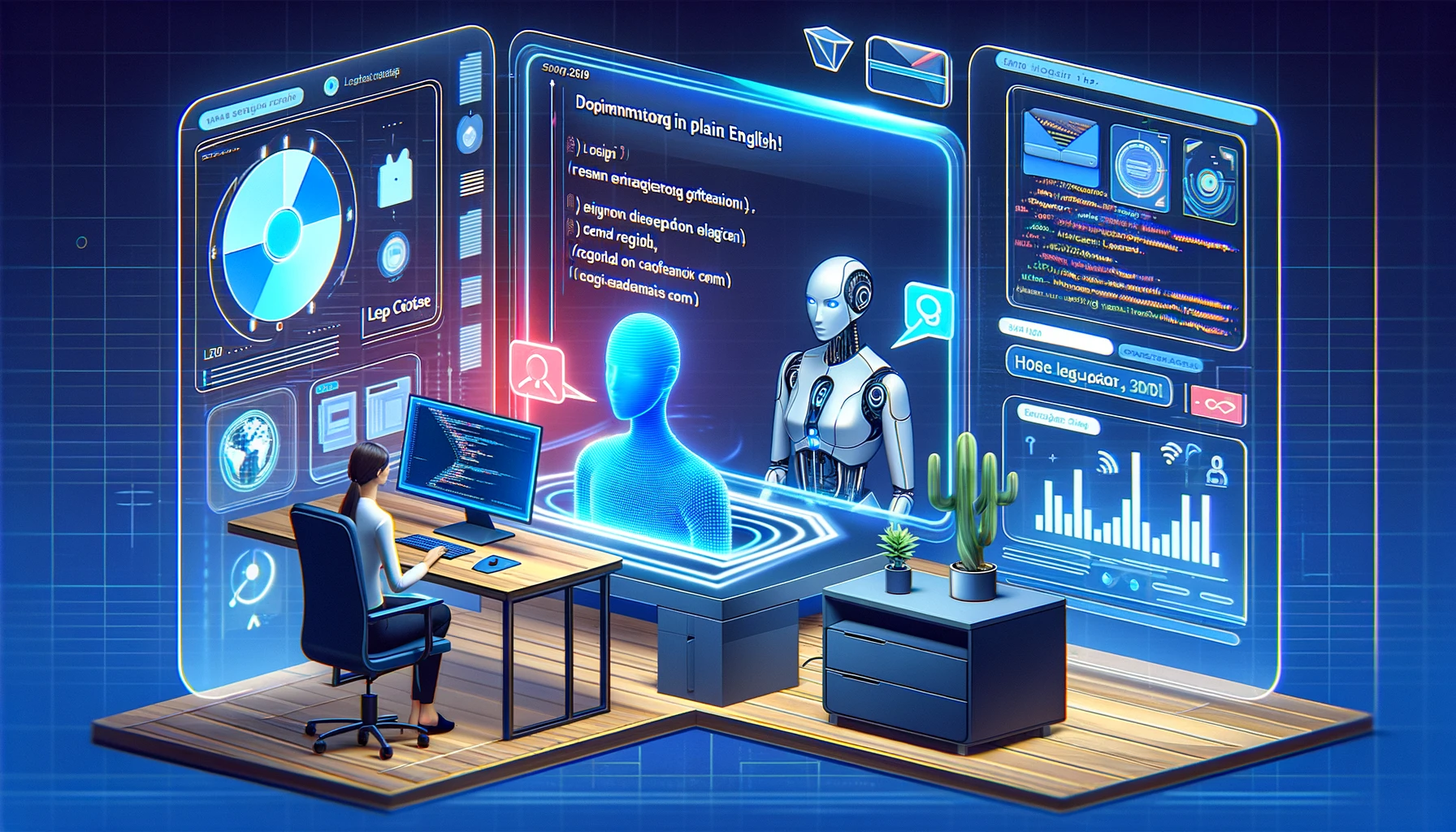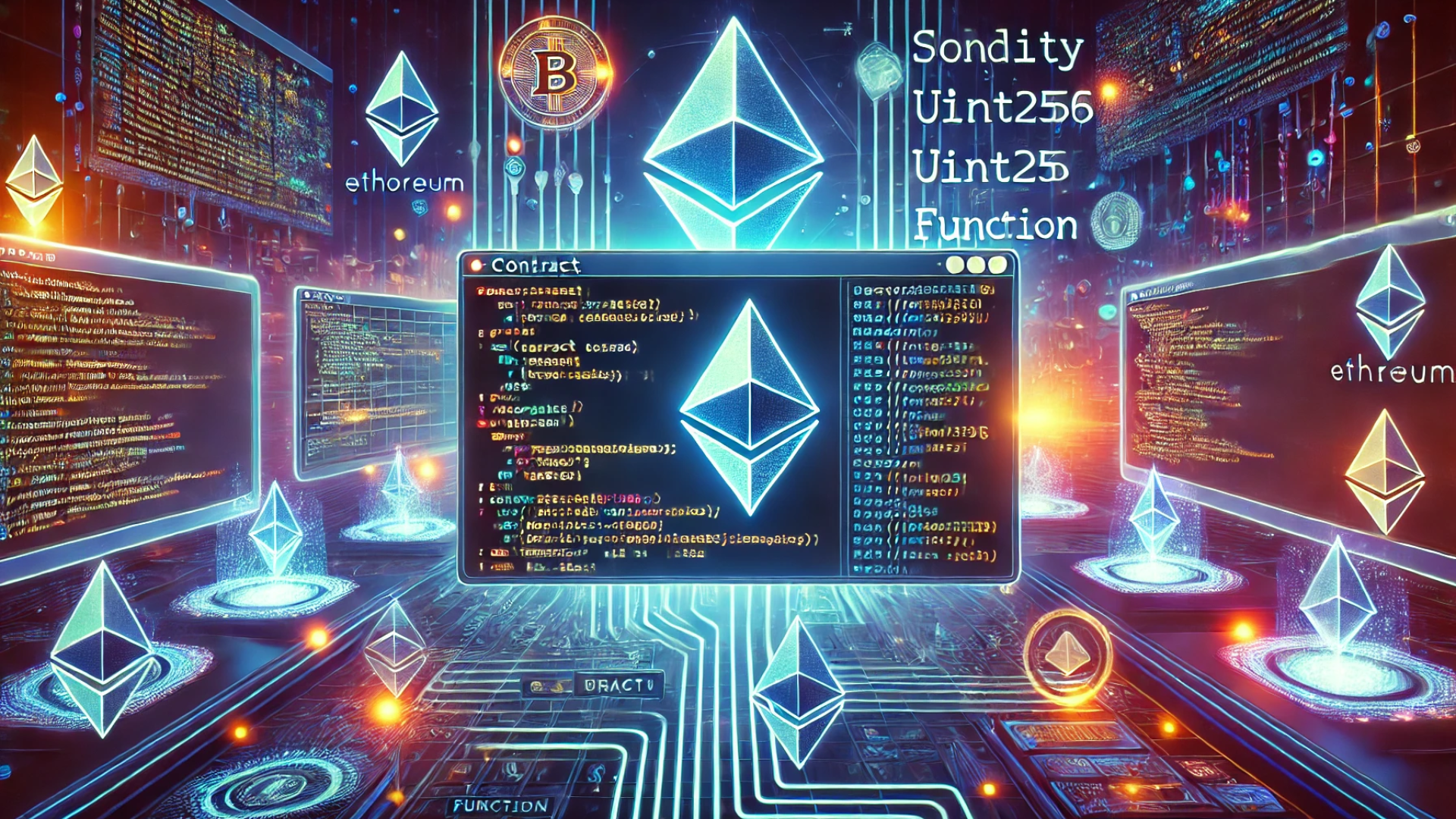
Imagine a world where you no longer need to learn complex coding languages to create software. Instead, you just talk to your computer in plain English, and it understands you perfectly. Sounds like science fiction? Well, it’s becoming a reality thanks to the rapid advancements in natural language processing (NLP) and artificial intelligence (AI).
The Rise of Natural Language Processing
Natural language processing is a field of AI that focuses on the interaction between computers and humans using natural language. The goal is for computers to understand, interpret, and respond to human language in a way that is both meaningful and useful.
Over the past few years, NLP has made significant strides. AI models like OpenAI’s GPT-4 can understand and generate human-like text. These models are trained on vast amounts of data and can perform a wide range of tasks, from answering questions to writing essays, and now, even programming.
Why English?
English has become the de facto language for programming due to its widespread use and relatively simple grammar compared to other languages. With most programming languages already being based on English keywords (like “if”, “else”, “while”, etc.), it makes sense to extend this to using English sentences to write code.
How It Works
The idea is simple: instead of writing code in a traditional programming language like Python or Java, you describe what you want the program to do in English. For example, instead of writing:
def greet(name):
return f"Hello, {name}!"You might simply say: “Create a function that takes a name and returns a greeting.”
The AI then translates this English instruction into the corresponding code. This process involves several steps, including understanding the intent, generating the appropriate code, and then executing it.
The Benefits
- Accessibility: Programming becomes accessible to everyone, not just those with a technical background. This democratizes technology, allowing more people to create software solutions.
- Speed: Writing code in English can be faster than in traditional programming languages, especially for non-experts. This can significantly speed up the development process.
- Error Reduction: With traditional coding, syntax errors are common. Using English reduces these errors since the AI handles the syntax.
It’s here Exploring the Power of AI in Protecting
Real-World Applications
Several companies and research institutions are already working on integrating NLP into programming. For instance:
- OpenAI Codex: A model that translates natural language into code. It can understand plain English instructions and convert them into executable code in various programming languages.
- Microsoft Power Platform: Allows users to create apps and automate workflows using simple English commands.
Challenges and Limitations
Despite the promising future, there are challenges to overcome:
- Ambiguity: Human language is often ambiguous. Ensuring the AI correctly understands and implements the intent can be tricky.
- Complexity: For complex tasks, describing the logic in English can be more cumbersome than using traditional code.
- Security: Automatically generated code can introduce security vulnerabilities if not properly checked.
The Future of Coding
While English as a programming language is still in its early stages, the potential is enormous. As AI and NLP technologies continue to improve, we may see a future where traditional coding is reserved for specialized tasks, and most software development is done through natural language.
Imagine teaching a computer new tasks just by talking to it, or even having it debug and improve its own code based on your feedback. The possibilities are endless.
Is English the New Programming Language?
FAQs
1. Is English really replacing traditional coding languages?
Not entirely. While English can simplify many tasks, traditional coding languages will still be necessary for highly complex and specialized applications.
2. How soon will this change happen?
It’s hard to say. While we have made significant progress, fully replacing traditional coding with natural language processing will take more time and development.
3. Will this make learning to code obsolete?
Not quite. Understanding the fundamentals of programming will still be important, but the way we write and interact with code will become more intuitive.
Final Thoughts
The integration of English into programming represents a significant shift in how we interact with technology. While it’s not the end of coding as we know it, it’s a step towards making programming more accessible and efficient. Embracing this change could unlock new opportunities and innovations we can’t even imagine yet.

